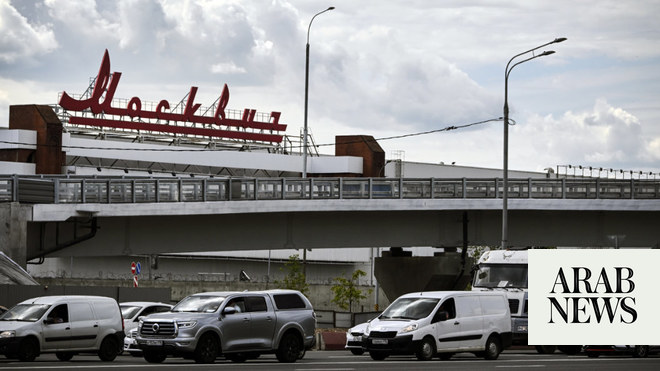
A US missile hit an Al-Qaeda-linked training camp in Idlib, northwestern Syria, on Aug. 31, reportedly causing the deaths of about 40 terrorist leaders. The US did not give any prior notice to its NATO ally Turkey, which operates 12 observations posts in the province. Neither did it inform Russia, with whom it has agreed several modus operandi with a view to avoiding unintended confrontations.
The accuracy in hitting the target demonstrates that the US has a high intelligence-gathering capability in a region controlled by Hayat Tahrir Al-Sham. There must have been real-time intelligence-gathering as the attack was carried out at a moment when the group was holding a meeting.
The missile attack caught Turkey and Russia by surprise, as the US’ military presence was mainly concentrated to the east of the Euphrates and it had almost no presence in Idlib. The security or de-escalation task was monitored in this region by the three guarantors of the Astana process: Russia, Turkey and Iran.
US Central Command issued a statement saying the missile was directed at the extremist leaders, who were “responsible for attacks threatening US citizens, partners and innocent civilians.” This pretext is less than convincing, as there are almost no American interests in the region. The US is more focused on strengthening Kurds to the east of the Euphrates and negotiating with Turkey the setting up of a safe zone, with vaguely defined parameters.
The aim of the missile attack looks more like a show of force to prove that the US is also an actor in northwest Syria and, more specifically, in Idlib. Russia, Turkey and Iran used to look at Idlib as their private hunting ground. Russia reacted strongly to this attack by saying it was carried out without advance warning to it or Turkey and that it compromised a cease-fire.
The aim of the missile attack looks more like a show of force to prove that the US is also an actor in northwest Syria
Yasar Yakis
Despite Turkey and Russia’s angry reactions, there are reasons for them to be happy too, because this attack took out an enemy they were also trying to destroy. Their negative reaction is mainly due to the fact that the US may now claim that it is also a stakeholder in the region.
In the complex Syrian theater, almost every move may offer both advantages and disadvantages. The US wants to destroy the extremists in the region, but would not like the Syrian regime to capitalize on their elimination. Turkey and Russia might be happy, but they would not like to see the US gaining the upper hand. The Syrian government may also be happy, but it would not like to see this missile strike be turned into leverage against it.
Russia reacted negatively because it could spoil the de-escalation process that was initiated under its auspices. It is still unclear whether this process will succeed because Turkey —another important actor in the province — is not on the same page as the two other guarantors of the Astana process.
An additional complicating factor is the negotiations that are ongoing between Turkey and the US for setting up a security zone to the east of the Euphrates. After many delays, the first joint patrol reportedly took place on Sunday. Turkish President Recep Tayyip Erdogan had defiantly announced that, “if an agreement could not be reached by the end of September, Turkey would cut its own umbilical cord.” He expects to solve some of Ankara’s outstanding problems with Washington when he meets US President Donald Trump on the margins of the UN General Assembly this month.
As Turkey is heading toward an impasse in Idlib, exit strategies have been proposed, such as establishing a security zone in the north of the province similar to the one east of the Euphrates. Such a zone may accommodate the armed factions supported by Turkey. The US could support this idea as it may use these extremists to put pressure on the Syrian government to force a solution that it prefers, and because it may help turn Turkey’s attention away from the other side of the Euphrates.
What is missing in this equation is the role of Syria. The US may ignore it on purpose, but Damascus looks determined to oust, slowly but steadily, all armed opposition factions from its territory. Where they will eventually go is still a question mark. The nightmare scenario for Ankara would be that all these fighters could find no other place to settle but in Turkey.
The US missile attack may ultimately end up causing a reshuffle of the cards in northwest Syria, or even open a Pandora’s box with all its incalculable consequences.












